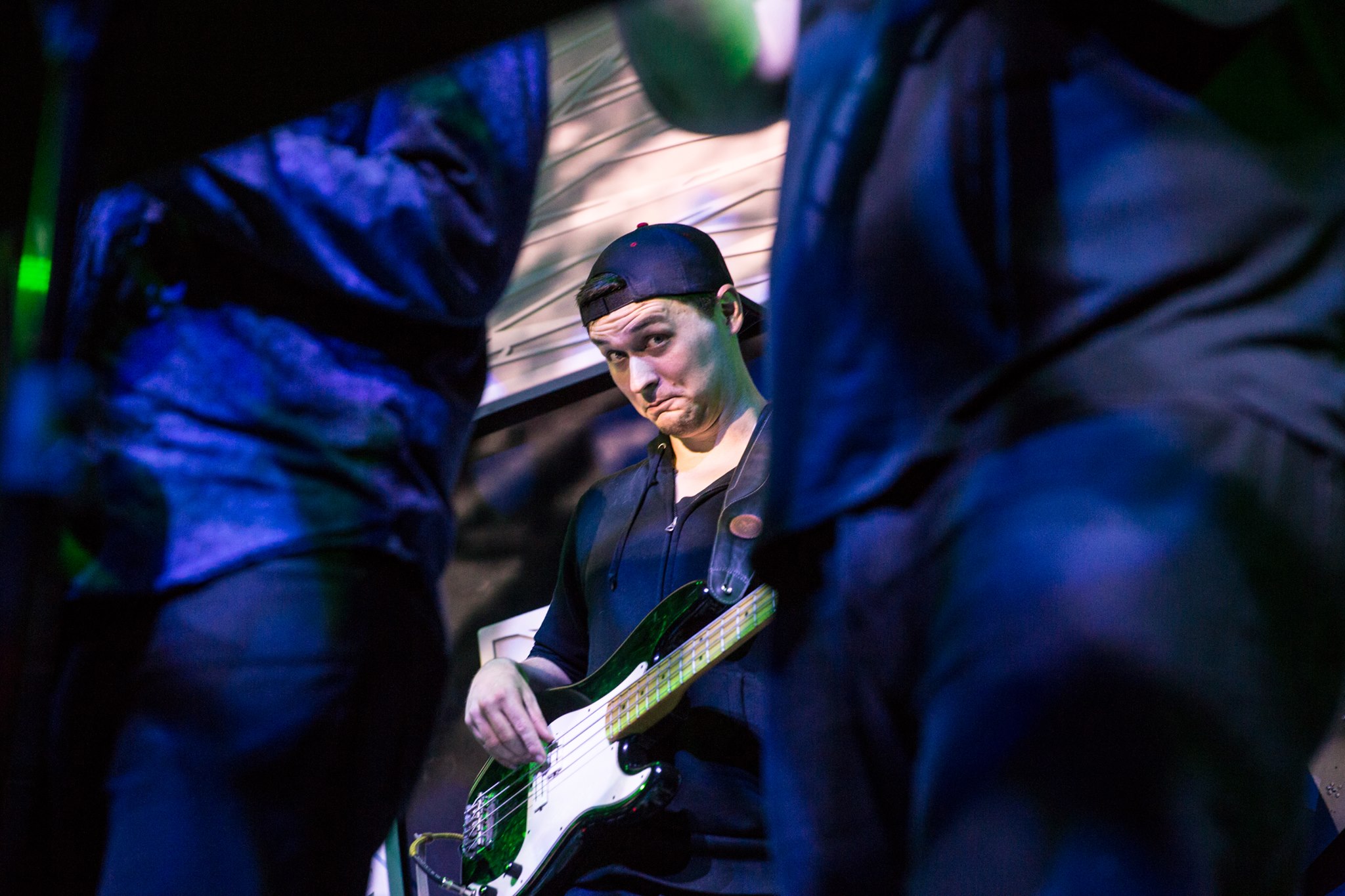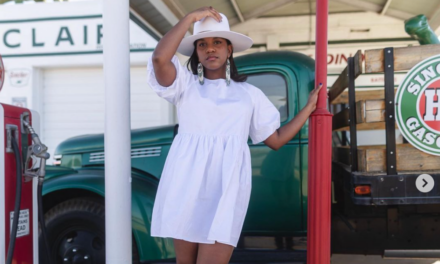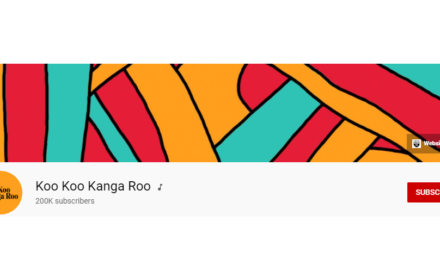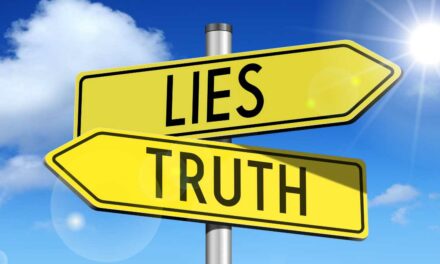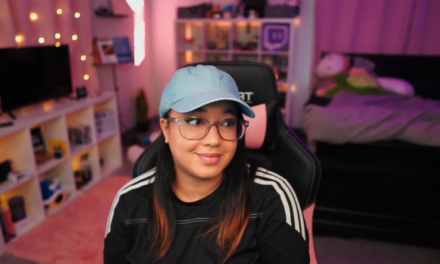Entrepreneur: Adam Neely
Biz: Adam Neely
Tilt: Obscure music theory
Scene: Website, YouTube (1.77M), Instagram (230K), X (91.1K), Facebook, Spotify (60K), Twitch (24.3K), Patreon (3,662)
Snack Bites:
- While he enrolled in music school in 2006, Adam founded his YouTube channel to share his enthusiasm for the bass guitar. He expanded to discuss music history, philosophy, and theory, which doesn’t get enough attention in traditional academia.
- Adam taught himself all aspects of operating a content business, from research to video editing.
- His Patreon membership costs $1 to $10 a month. Subscribers get early access to his videos, and the top tier can access a special Discord channel.
- His content business also has helped Adam draw attention to his electronic jazz group, Sungzer.
Why We Stan: Adam didn’t attempt to pick a popular topic to grab a trendy audience. He creates content about what interests him in the music industry and has found millions interested in it, too.
The Story of Adam Neely
Adam Neely has built an audience – and a content business – simply by sharing his honest enthusiasm for obscure musical interests rather than getting himself interested in a more popular subject.
He has taken time to master all aspects of his content, from the research to editing his videos. In doing so, he creates quality content that can appeal to anyone, no matter their previous experience with music.
The complexities of music theory are not often thought of as interesting to the general public. Certainly, harmonic progressions and Dorian scales don’t tend to crop up in conversations on the street or at the dinner table. Despite this, nearly 1.8M people follow Adam’s YouTube channel, which focuses on this obscure side of music.
“I would categorize it as edutainment, or curiosity content, letting people discover things they don’t know,” Adam tells Spin. He focuses less on explaining basic concepts and more on topics that don’t get a lot of attention in music school.
He explains on the Brighton Institute of Modern Music’s (BIMM) podcast, “I talk about music. I talk about art. I talk about history and philosophy, and acoustics and science, and I try and combine them all into these video essays, these vlogs, and these lessons, trying to explore things that are a little bit less explored in music education and less explored in music theory.”
This “unexplored” side of music theory includes videos ranging from video game orchestrations and explanations of TikTok sea shanties to thoroughly researched critiques of music theory’s ties to white supremacy. Adam thinks having a content tilt outside of traditional music education puts him in a position to tackle some of the field’s shortcomings.
“There are elements of academia that I look up to – the research some of these people are doing – and of course, the teaching. But there are elements which I am very much against, and it’s slow to change.” Adam tells Spin. “Music school is always going to be behind because the people teaching it are not the people making the music that’s relevant to young people. For example, I’m calling it now: Hyper-pop will be taught in music school 20 years from now.”
Adam is well acquainted with the music school experience. In 2009, he received his bachelor’s degree from the Berkley College of Music, and in 2012 received his master of music from the Manhattan School of Music. As he explains to Spin, “The plan was to play ‘cool’ jazz music, whatever that is, and teach.
“I was very much ready to be in academia. I knew what it meant to be a working musician from my family. It’s a grind, and they were able to support themselves through teaching, so I had my plan set.”
Adam’s mother and two uncles worked as professional musicians, and his father was an avid music enthusiast. By the time Adam was 13, he was hooked on the bass guitar. “It very quickly became this obsession with theory, music, and sounds. Like not touring, not chicks definitely, I was not that person. I was mainly, ‘I want to play music because this is cool and that’s all I want to do,’ and it became an obsession.”
So he went to music school. Adam started his channel in 2006 when the YouTube platform was just introduced to the world. At that time, it was a side project. Most of his older videos just show Adam recording himself playing pieces he just found interesting. After graduating from his master’s program, Adam worked mainly as a session musician, playing bars, weddings, and corporate gigs. In 2015, he told BIMM, that he listened to a lot of PBS Idea Channel, which helped give him the idea to include other fields like history, science, and philosophy on his YouTube channel. His plan was to “hone in on this idea of music as this grand experience.”
The new focus suited Adam’s passion for learning and teaching well.
“There’s an intense thirst to do research,” Adam’s friend Ben Levin tells Spin. “You have to twist my arm to read some of the papers that he’s read. Nobody else in this music YouTube space is going to do the research [Adam] did, or the interviews he did for that video [on music theory and white supremacy].”
Adam’s enthusiasm has helped him gain a following for his own music. In the last couple of years, he has spent a little less time on YouTube and a little more performing with his band, Sungazer. The group specializes in electronic jazz music, which hasn’t always drawn in the largest audience. In the BIMM interview, Adam says there’s “not a huge market for that kind of jazz music, but the thing that I found, since starting my YouTube channel, is that there is a market for electronic jazz, as long as there’s a personality behind it that’s explaining to people what it is that they’re listening to.”
About the author
Leo Bonacci writes, proofreads, and edits for The Tilt. A student of Hobart and William Smith Colleges, he’s a fan of classical mythology as well as the English language. Leo’s interest in storytelling extends to his great enjoyment of movies and film, from low-budget schlockfests to cinematic masterpieces.

